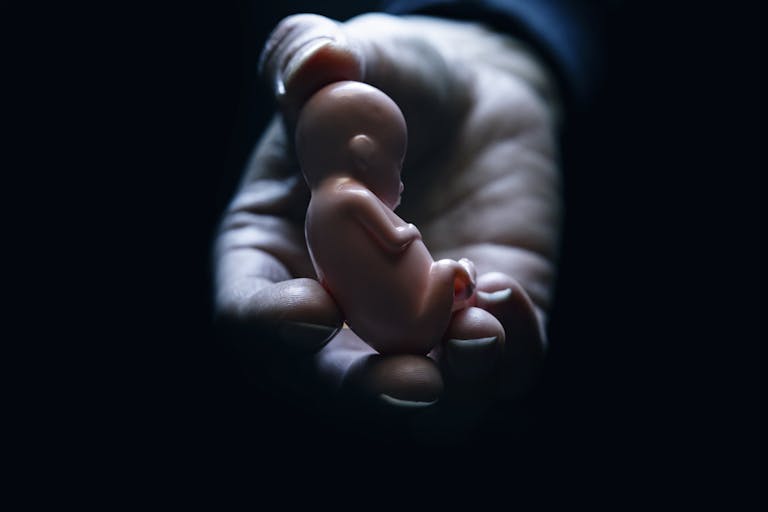
Is picking the 'best' embryo a mere parenting tool, or eugenics fueled by hubris?
Nancy Flanders
·
Woman who planned to die by ‘suicide pod’ has gone missing
An American woman who had planned to die by suicide using a “suicide capsule” in Switzerland has gone missing after the killing was called off.
The 55-year-old woman, known as “Person X,” was set to use the “Sarco” suicide pod — short for “sarcophagus” — in July. The suicide machine was created to allow a person to climb inside and push a button that will fill the interior with nitrogen, reducing the oxygen level to just one percent in about 30 seconds. The person will feel woozy, fall unconscious within a minute, and die within 10 minutes. Dr. Philip Nitschke, dubbed “Dr. Death,” runs Exit International, and invented the suicide pod. Exit International explained the device can even be used by those with mobility issues, because it can also be activated by voice control and eye movement.
In late July, Nitschke announced that plans for the woman (the first suicide pod patient) to use the device were “permanently postponed,” due to the woman’s “deteriorating mental health.”
He said: “Given her situation, it is clear that this is a person who should now be receiving mental health care, rather than any suicide assistance.” Concern allegedly arose after the woman is said to have suffered “multiple episodes of significant cognitive lapses bordering on pre-psychosis” as the date of her death inched closer.
The euthanasia group “The Last Resort” said the pod would be used for the first time within the next year.
Nitschke noted, however, “Given the media scrutiny surrounding Person X, all future clients will need to be warned of the possibility that, despite our best efforts to keep their death private, any first use of Sarco will be the subject of intense media interest and reporting.”
Exit International has not been able to contact the woman since the plan was called off, and Zurich Cantonal Police reported her missing on July 30. There is concern over whether she is dead or alive.
“We have tried all avenues to make contact, but we have so far failed to locate the woman,” said Nitschke.
Many medical professionals have warned that people with mental health issues should not be approved for assisted death, and that legitimate treatment options must be exhausted before recommending any end-of-life care.
Live Action News is pro-life news and commentary from a pro-life perspective.
Contact editor@liveaction.org for questions, corrections, or if you are seeking permission to reprint any Live Action News content.
Guest Articles: To submit a guest article to Live Action News, email editor@liveaction.org with an attached Word document of 800-1000 words. Please also attach any photos relevant to your submission if applicable. If your submission is accepted for publication, you will be notified within three weeks. Guest articles are not compensated (see our Open License Agreement). Thank you for your interest in Live Action News!

Nancy Flanders
·
Issues
Angeline Tan
·
International
Cassy Cooke
·
Issues
Bridget Sielicki
·
Guest Column
Wesley J. Smith
·
Issues
Angeline Tan
·
Analysis
Nancy Flanders
·
International
Nancy Flanders
·
Politics
Nancy Flanders
·
Pop Culture
Nancy Flanders
·
Politics
Nancy Flanders
·